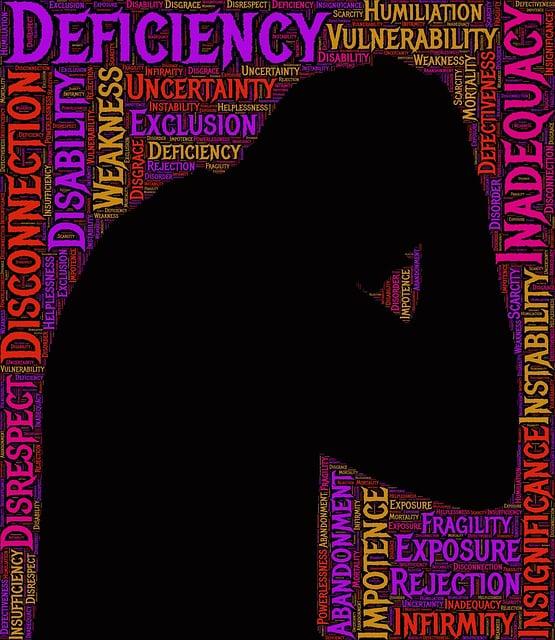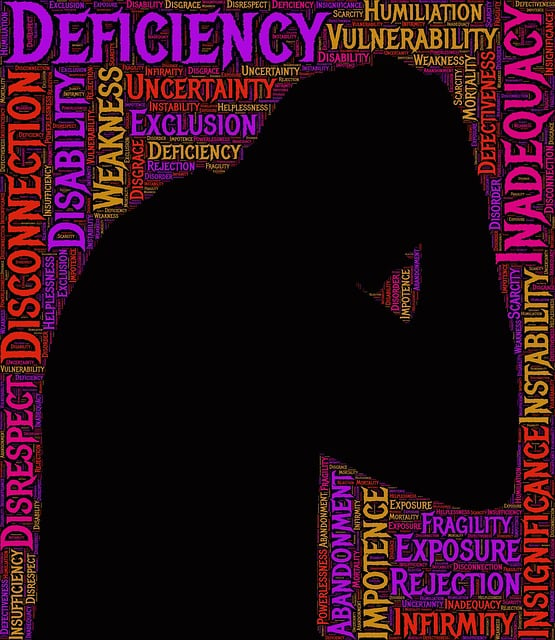Northglenn Conduct Disorder Therapy emphasizes risk assessment as a cornerstone for mental wellness, aiming to predict and prevent potential hazards within therapy sessions. By applying Mind Over Matter Principles, therapists focus on long-term mental health improvements while navigating complex emotions. This strategy involves patient assessment, crisis intervention, staff training, and Cultural Sensitivity efforts. Utilizing techniques like active listening, role-playing, and mindfulness meditation, the holistic approach reduces risky behaviors by fostering empathy, understanding, and open communication, ultimately enhancing therapeutic outcomes.
“In the field of mental health, effective risk management is paramount to ensuring patient safety and fostering a supportive therapeutic environment. This article guides mental health professionals through an essential process—risk assessment and planning. We explore how understanding risk factors in various contexts, including Northglenn Conduct Disorder Therapy, enables practitioners to develop robust strategies. By delving into these tactics, professionals can enhance their ability to mitigate potential hazards, ultimately providing secure and effective care.”
- Understanding Risk Assessment in Mental Health Practice
- Developing a Comprehensive Risk Management Plan
- Strategies for Mitigating Risks in Northglenn Conduct Disorder Therapy
Understanding Risk Assessment in Mental Health Practice

In mental health practice, risk assessment is a cornerstone of effective risk management planning. It involves systematically identifying, analyzing, and evaluating potential risks that may arise during therapy sessions with clients. This process requires professionals to consider not only immediate safety concerns but also long-term factors that could impact a client’s mental wellness. By employing Mind Over Matter Principles, therapists can foster self-esteem improvement while navigating complex emotional landscapes.
At Northglenn Conduct Disorder Therapy, we understand that every client is unique, with their own set of challenges and vulnerabilities. Risk assessment isn’t just about identifying potential hazards; it’s about understanding the intricate dynamics of each individual’s psychological landscape. This nuanced approach ensures that interventions are tailored to address specific needs, ultimately promoting positive outcomes in mental health treatment.
Developing a Comprehensive Risk Management Plan

Developing a comprehensive risk management plan is an essential step for mental health professionals, especially those specializing in Northglenn Conduct Disorder Therapy. This process involves identifying potential risks and hazards within the therapeutic environment and implementing strategies to mitigate them effectively. A well-crafted plan should address various aspects of practice, including patient assessment, crisis intervention protocols, and staff training.
By integrating Mental Illness Stigma Reduction Efforts and Empathy Building Strategies into daily operations, therapists can foster a supportive atmosphere, enhancing Cultural Sensitivity in Mental Healthcare Practice. This holistic approach ensures that the risk management plan not only prevents potential harm but also promotes a nurturing setting where patients feel understood and respected, ultimately facilitating better outcomes.
Strategies for Mitigating Risks in Northglenn Conduct Disorder Therapy

In Northglenn Conduct Disorder Therapy, mitigating risks requires a multi-faceted approach that goes beyond traditional therapeutic techniques. Mental health professionals in this context must be adept at fostering empathy and understanding among patients, as conduct disorders often stem from underlying emotional and social issues. Implementing Empathy Building Strategies is key; these can range from active listening exercises to role-playing scenarios designed to help patients process and express their feelings constructively. By creating a safe, supportive environment, therapists encourage open communication, which is essential for identifying and addressing behaviors that may escalate into risks.
Additionally, incorporating Mindfulness Meditation and Anxiety Relief techniques can significantly reduce risky behaviors by teaching patients to regulate their emotions. Mindfulness practices help individuals become more aware of their thoughts and feelings without judgment, enabling them to make better decisions in stressful situations. Anxiety relief strategies, such as deep breathing exercises or progressive muscle relaxation, equip patients with tools to manage overwhelming anxiety, thereby decreasing impulsive actions that could lead to risky outcomes.
Mental health professionals, especially those specializing in areas like Northglenn Conduct Disorder Therapy, must prioritize risk management planning to ensure safe and effective care. By integrating comprehensive risk assessments and tailored strategies, therapists can create a supportive environment while mitigating potential hazards. This article has explored essential components of risk management, from understanding assessment methods to implementing specific mitigation techniques. Through proactive planning, mental health professionals can enhance patient outcomes and maintain a secure practice setting.














